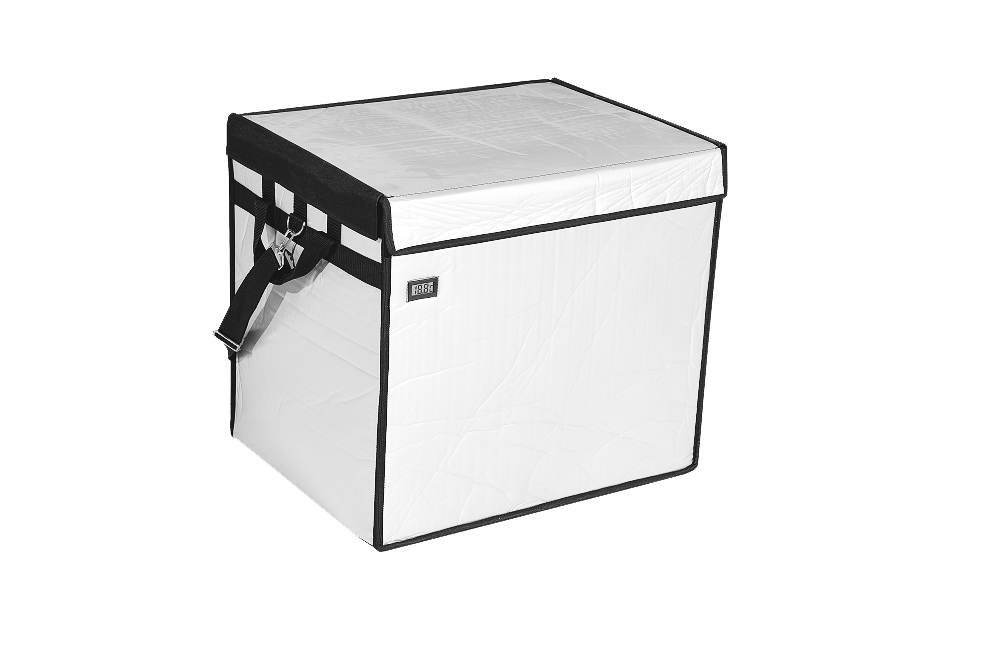
In today’s global economy, transporting products such as medicines, vaccines, biologicals, and perishable foods has become more common than ever. However, maintaining the cold chain during transportation is critical to ensure that these products arrive at their destination fresh and safe for consumption. This is where cooler boxes come in.
What are Cooler Boxes? Cooler boxes are portable containers that are designed to keep contents cool or cold for an extended period of time. They are made from insulated materials that help to prevent the transfer of heat from the surrounding environment. Cooler boxes come in a variety of sizes, shapes, and styles, and are used for a variety of purposes, including camping, picnicking, and transportation of goods.
How are Cooler Boxes Used? Cooler boxes are used to maintain the cold chain during transportation of goods. They are particularly important for products such as vaccines, biologicals, and perishable foods that require specific temperature ranges to maintain their efficacy and safety. Cooler boxes are also used in outdoor activities such as camping, where they can keep food and drinks cool and fresh for extended periods of time.
How to Select the Right Cooler Box? When selecting a cooler box, it is important to consider factors such as the size, shape, and style of the box, as well as the materials used to make it. It is also important to consider the temperature range required for the products being transported, as well as the duration of transportation. Choosing a cooler box that is appropriately sized and insulated for the specific products being transported is crucial to maintaining the cold chain.
Risks of Not Using Cooler Boxes: Not using a cooler box during transportation of products that require specific temperature ranges can result in spoilage or degradation of the products, which can lead to serious consequences such as loss of efficacy, reduced shelf life, or even health risks to consumers. Using a cooler box can help to prevent these risks and ensure that products arrive at their destination fresh and safe for consumption.
Technology Used for Cooler Boxes: Cooler boxes use a variety of technologies to maintain the temperature of the contents inside. Some cooler boxes use ice or ice packs, while others use phase-change materials such as gel packs. There are also electric cooler boxes that use thermoelectric or compressor-based cooling systems to maintain the desired temperature range.
New Trends in Cooler Boxes: Recent trends in cooler boxes include the use of smart technology, such as Bluetooth or Wi-Fi connectivity, to monitor and control the temperature of the contents inside. Some cooler boxes also come equipped with solar panels for recharging batteries, making them ideal for outdoor activities such as camping or picnicking.
Why are Cooler Boxes Good for Transport of Medicines, Vaccines, Biologicals, Food, and Perishables? Cooler boxes are particularly important for the transportation of products such as medicines, vaccines, biologicals, food, and perishables because they help to maintain the cold chain, which is critical to preserving the efficacy and safety of these products. Cooler boxes ensure that products arrive at their destination fresh and safe for consumption, which is especially important for products such as vaccines, which require specific temperature ranges to maintain their efficacy.
Conclusion: In conclusion, cooler boxes are an essential tool for maintaining the cold chain during transportation of goods. They are particularly important for products such as vaccines, biologicals, and perishable foods that require specific temperature ranges to maintain their efficacy and safety. When selecting a cooler box, it is important to consider factors such as the size.
